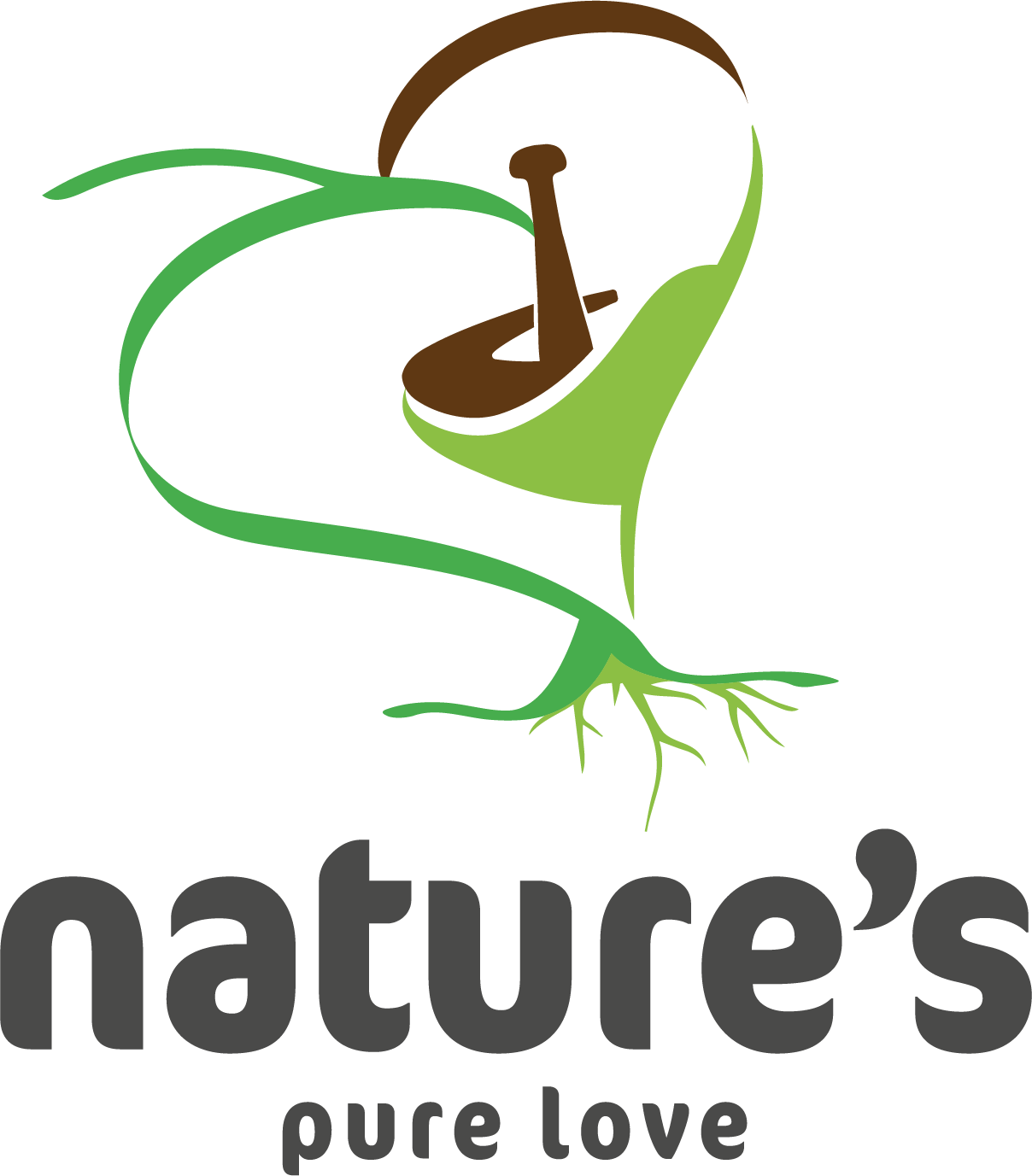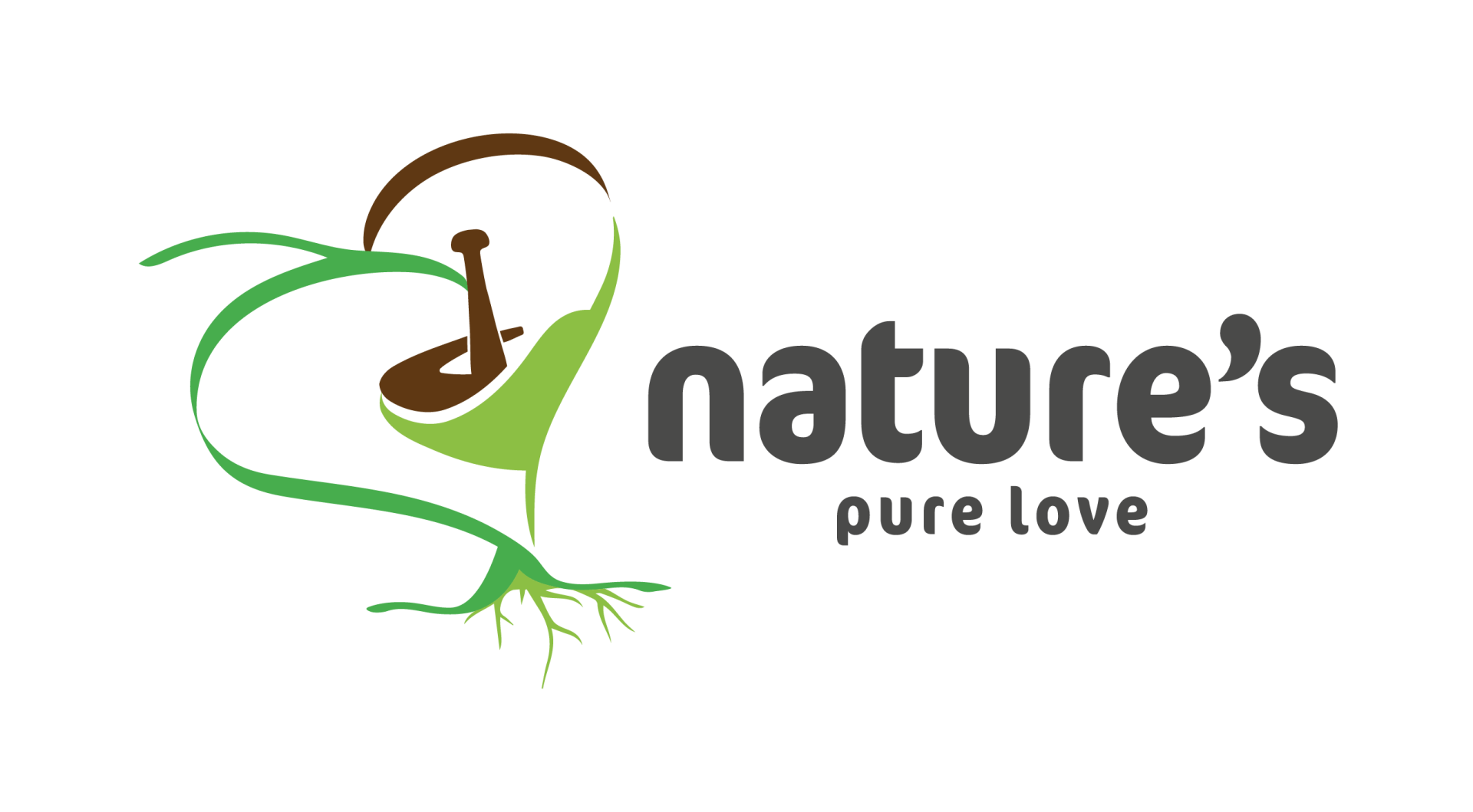What Does a Nutritional Coach Do?
What Does a Nutritional Coach Do? A Complete Guide to Nutritional Coaching

The body content of your post goes here. To edit this text, click on it and delete this default text and start typing your own or paste your own from a different source.
Nutritional coaching is a rapidly growing field that bridges the gap between traditional dietary advice and personalised, holistic health support. A nutritional coach is not just someone who tells you what to eat; they are a guide, mentor, and partner in your journey toward better health. At Nature’s Pure Love (NPL), we believe in a holistic approach to nutrition, focusing on nourishing the body, mind, and spirit. This guide will explore the multifaceted role of a nutritional coach, their core responsibilities, and how they can help you achieve your health and wellness goals.
Understanding the Role of a Nutritional Coach
A nutritional coach plays a vital role in helping individuals achieve their health and wellness goals through dietary and lifestyle modifications. These professionals combine scientific knowledge with practical guidance to create personalised nutrition strategies tailored to each client’s unique needs. Unlike dietitians or nutritionists, who may focus primarily on clinical or medical nutrition, nutritional coaches take a more holistic approach. They consider not just what you eat, but how your lifestyle, emotions, and environment impact your overall well-being. The NHS provides comprehensive information on healthy eating and the role of nutrition in overall health.
1
At NPL, our nutritional coaches are trained to use the
C.R.E.A.M. model (Cleanse, Regenerate, Elevate, Activate, Maximise) to help clients achieve optimal health. This model ensures that every aspect of a client’s health is addressed, from detoxification and cellular repair to emotional well-being and long-term vitality.
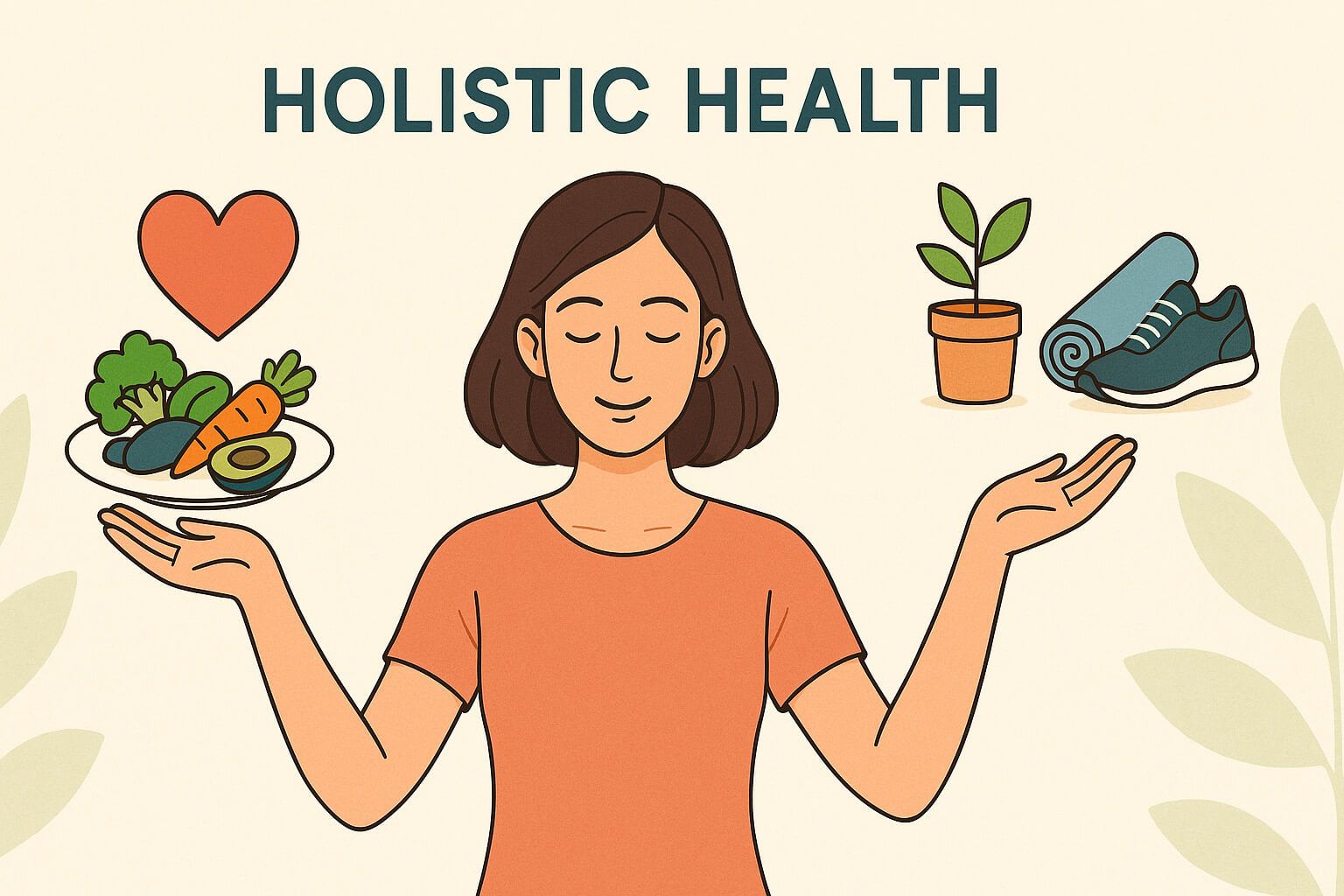
Core Responsibilities of a Nutritional Coach
1. Client Assessment
The first step in any nutritional coaching journey is a thorough assessment of the client’s current health status, lifestyle, and goals. This includes:
- Conducting detailed health histories: Understanding past and present health conditions, medications, and supplements.
- Evaluating current eating patterns: Identifying what, when, and how the client eats.
- Identifying nutritional gaps: Spotting deficiencies or imbalances in the client’s diet.
- Assessing lifestyle factors: Considering sleep, stress, physical activity, and other lifestyle elements that impact health. The UK's National Health Service (NHS) offers guidance on the impact of lifestyle factors on health. 2
- Understanding health goals: Whether it’s weight loss, improved energy, or managing a chronic condition, the coach works to align the plan with the client’s aspirations.
2. Goal Setting and Planning
Once the assessment is complete, the coach helps the client set realistic and achievable goals. This involves:
- Creating realistic objectives: breaking down long-term goals into smaller, manageable steps.
- Developing actionable strategies: Providing clear, practical steps to achieve these goals.
- Establishing timelines: Setting deadlines to keep the client motivated and on track.
- Setting measurable targets: Using metrics like weight, energy levels, or lab results to track progress.
- Planning progress reviews: Regularly check in to assess progress and make adjustments as needed.
3. Dietary Guidance
A significant part of a nutritional coach’s role is providing personalised dietary guidance. This includes:
- Meal Planning: Creating customised meal plans that fit the client’s preferences, dietary restrictions, and nutritional needs.
- Suggesting Healthy Alternatives: Offering healthier swaps for common foods, such as replacing refined carbs with whole grains. The Eatwell Guide provides useful information regarding healthy alternatives 3.
- Providing Recipe Ideas: Sharing easy, nutritious recipes that align with the client’s goals.
- Teaching Portion Control: Helping clients understand appropriate portion sizes to avoid overeating.
- Addressing Dietary Restrictions: Tailoring plans for clients with food allergies, intolerances, or specific dietary preferences (e.g., vegan, gluten-free).
4. Nutrition Education
Nutritional coaches also play an educational role, helping clients understand the science behind their dietary choices. This includes:
- Explaining Basic Nutrition Principles: Teaching clients about macronutrients (carbs, proteins, fats) and micronutrients (vitamins, minerals). The British Nutrition Foundation (BNF) offers detailed information on nutrition science. 4
- Teaching Label Reading: Helping clients decipher food labels to make healthier choices.
- Discussing Food Groups: Explaining the importance of a balanced diet that includes fruits, vegetables, whole grains, lean proteins, and healthy fats.
- Explaining Nutrient Functions: Highlighting how specific nutrients support bodily functions, such as calcium for bone health or omega-3s for heart health.
- Addressing Common Misconceptions: Debunking myths about fad diets, superfoods, or quick fixes.
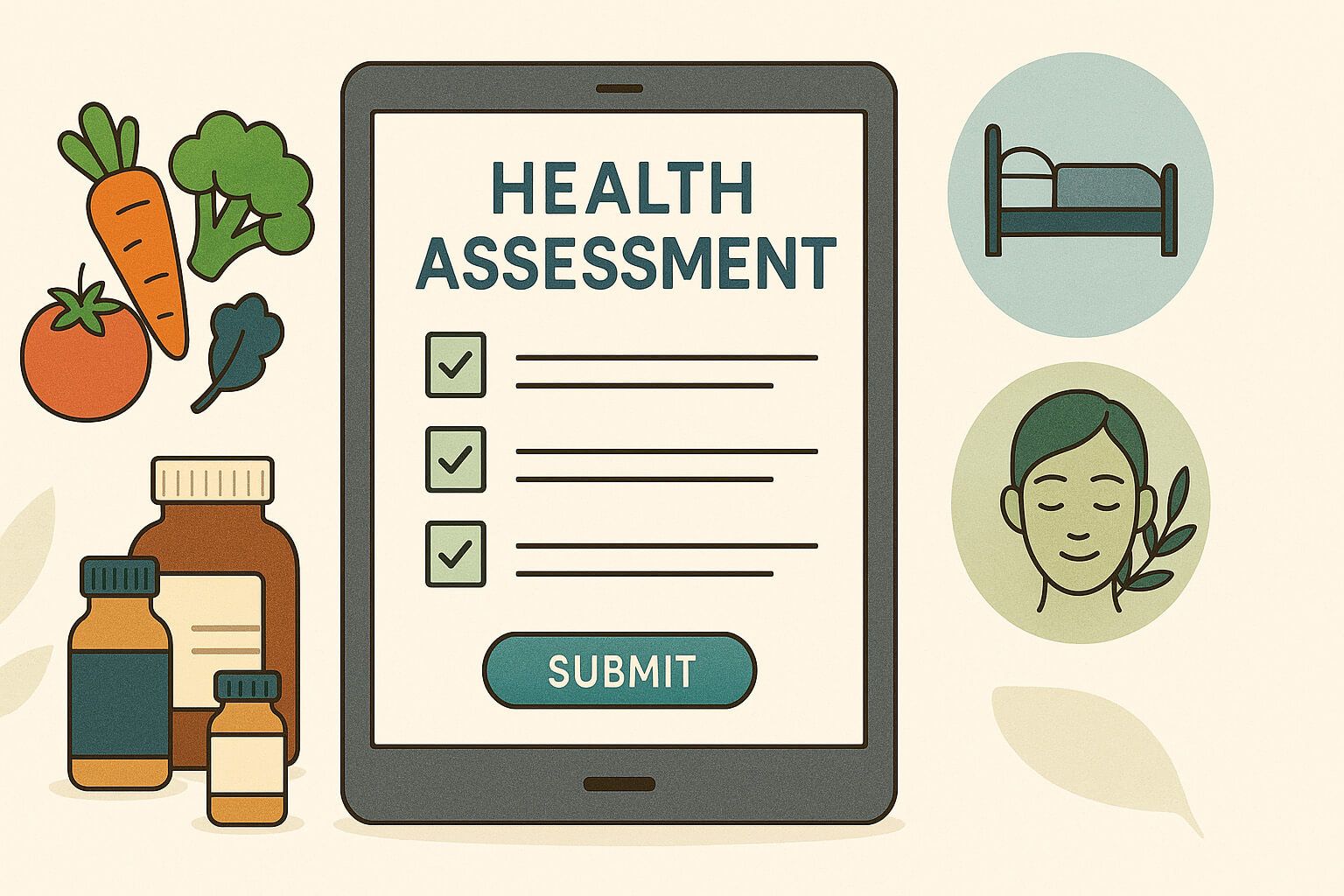
Support Services Provided by Nutritional Coaches
1. Behavioural Coaching
Nutritional coaches go beyond food to address the psychological and emotional aspects of eating. This includes:
- Identifying Eating Triggers: Helping clients recognise what drives unhealthy eating habits, such as stress or boredom.
- Developing Healthy Habits: Encouraging routines like mindful eating or regular meal times.
- Breaking Unhealthy Patterns: Supporting clients in overcoming emotional eating or binge eating.
- Managing Emotional Eating: Providing tools to cope with stress or anxiety without turning to food.
- Building Sustainable Routines: Helping clients create long-term habits that support their health goals.
2. Progress Monitoring
A key part of nutritional coaching is tracking progress and making adjustments as needed. This involves:
- Tracking Dietary Changes: Monitoring what the client eats and how it affects their health.
- Measuring Outcomes: Using metrics like weight, energy levels, or lab results to assess progress.
- Adjusting Plans as Needed: Tweaking meal plans or strategies based on the client’s feedback and results.
- Celebrating Successes: Acknowledging milestones to keep the client motivated.
- Addressing Challenges: Helping clients overcome obstacles, such as plateaus or setbacks.
Specialised Areas of Nutritional Coaching
1. Weight Management
Nutritional coaches often work with clients on weight management, whether it’s losing, gaining, or maintaining weight. This includes:
- Sustainable Weight Loss Strategies: Focusing on long-term habits rather than quick fixes.
- Healthy Weight Gain Approaches: Helping underweight clients gain weight in a healthy way.
- Metabolism Optimization: Teaching clients how to boost their metabolism through diet and exercise.
- Body Composition Improvement: Focusing on building muscle and reducing fat.
- Maintenance Planning: Helping clients maintain their weight after reaching their goals.
2. Sports Nutrition
For athletes, nutritional coaches provide guidance on performance optimisation and recovery nutrition. This includes:
- Performance Optimisation: Tailoring diets to enhance athletic performance.
- Recovery Nutrition: Recommending foods and supplements to aid recovery after workouts.
- Competition Preparation: Creating meal plans for pre- and post-competition nutrition.
- Training Fuel Strategies: Ensuring athletes have the energy they need for training.
- Hydration Guidance: Teaching the importance of proper hydration for performance.
3. Clinical Applications
Nutritional coaches also work with clients who have health conditions, such as:
- Diabetes Management: Helping clients manage blood sugar levels through diet. The National Institute for Health and Care Excellence (NICE) provides guidelines on diabetes management. 5
- Heart Health Support: Recommending heart-healthy foods to lower cholesterol and blood pressure.
- Digestive Issues: Addressing conditions like IBS or acid reflux through dietary changes.
- Food Sensitivities: Creating plans that avoid trigger foods.
- Autoimmune Conditions: Supporting clients with conditions like lupus or rheumatoid arthritis through anti-inflammatory diets.
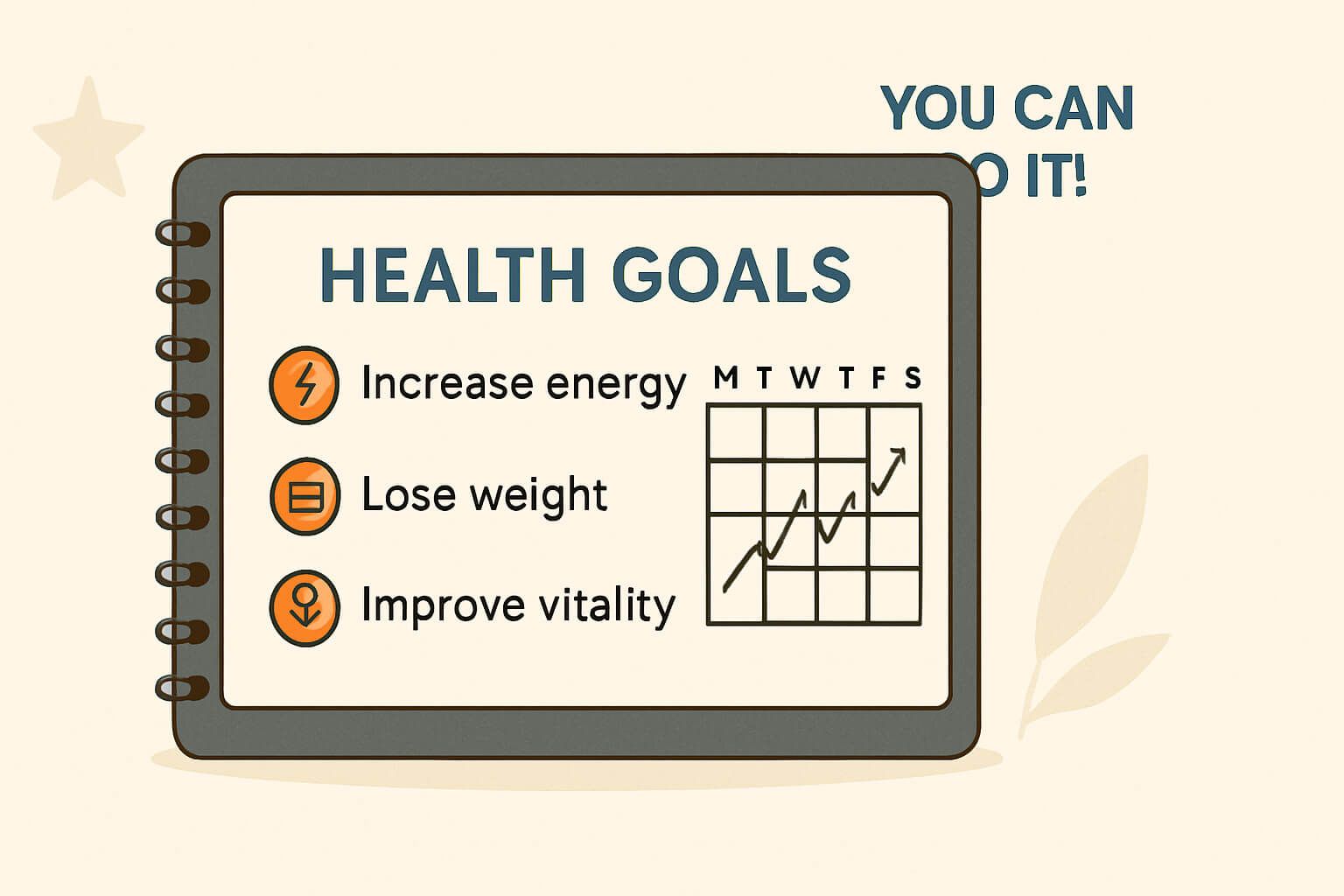
Tools and Resources Used by Nutritional Coaches
Nutritional coaches use a variety of tools to support their clients, including:
- Educational Materials: Handouts, guides, and meal planning templates.
- Technology Integration: Nutrition apps, online tracking platforms, and virtual coaching tools.
- Client Interaction: One-on-one sessions, group workshops, and follow-up check-ins.
Conclusion
A nutritional coach is more than just a guide to healthy eating; they are a partner in your journey toward holistic well-being. At Nature’s Pure Love, our coaches are trained to address not just your diet, but your entire lifestyle, using the C.R.E.A.M. model to ensure long-term success. Whether you’re looking to manage a health condition, improve your athletic performance, or simply feel better in your day-to-day life, a nutritional coach can provide the support and guidance you need to achieve your goals.
References
1. NHS. (n.d.). Healthy eating. Retrieved from [https://www.nhs.uk/live-well/eat-well/]
2. NICE. (n.d.). Lifestyle and wellbeing. Retrieved from [https://www.nice.org.uk/guidance/lifestyle-and-wellbeing]
3. NHS. (2018). The Eatwell Guide. Retrieved from [https://www.nhs.uk/live-well/eat-well/food-guidelines-and-food-labels/the-eatwell-guide/]
4. British Nutrition Foundation. (n.d.). Nutrition Science. Retrieved from [https://www.nutrition.org.uk/]
5. National Institute for Health and Care Excellence. (n.d.). Diabetes. Retrieved from [https://www.nice.org.uk/]
Frequently Asked Questions about Nutritional Coaching
1. What is a nutritional coach?
A nutritional coach is your guide and support partner on the path to better health.
They help you nourish not just your body, but also your mind and spirit, using a personalised, holistic approach that fits your lifestyle and goals.
2. How is a nutritional coach different from a dietitian or nutritionist?
Unlike dietitians or nutritionists who may focus on clinical or medical nutrition, a nutritional coach takes a more lifestyle-centred approach.
At NPL, our coaches look at your entire well-being—what you eat, how you live, how you feel—and help you build healthy, sustainable habits.
3. What is the C.R.E.A.M. model and how does it help?
Our unique C.R.E.A.M. model stands for Cleanse, Regenerate, Elevate, Activate, and Maximise.
It’s a step-by-step process to support deep, lasting health—starting with gentle cleansing and moving all the way to maximising your vitality.
4. What can I expect from working with a nutritional coach at NPL?
You’ll receive a full health and lifestyle assessment, clear goal setting, tailored meal and wellness plans, regular progress check-ins, and plenty of motivation along the way.
Your coach becomes a trusted ally in your wellness journey.
5. Do I need to have a health issue to work with a nutritional coach?
Not at all. Whether you want more energy, a better relationship with food, or simply want to feel your best, a nutritional coach can guide you.
We also support specific areas like weight management, digestive health, hormonal balance, and sports performance.
6. What kind of support does a nutritional coach provide?
Support includes dietary guidance, emotional and behavioural coaching, nutrition education, and motivation.
We look at the whole picture—your routines, your mindset, and even how stress or sleep might affect your eating habits.
7. Can I still work with a coach if I have food allergies or specific dietary preferences?
Absolutely. Our coaches are trained to personalise every plan, taking into account allergies, intolerances, and preferences like vegan or gluten-free living.
Your safety and satisfaction are always top priority.
8. Will my nutritional plan include recipes or meal suggestions?
Yes, we provide nourishing and easy-to-make recipes tailored to your needs. You’ll also receive tips on healthy swaps, label reading, and understanding what your body truly needs.
